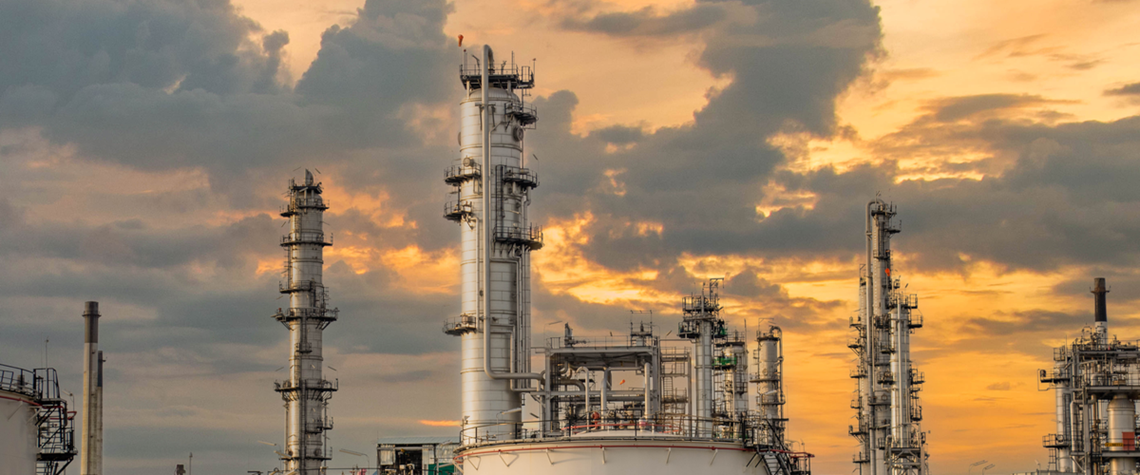Energy transition to transform Asian refining
The move away from fossil fuels will cap refinery capacity expansion in Asia-Pacific, but petrochemical demand gives the sector options
Asia-Pacific’s refining capacity growth is set to slow in the long term as the region’s energy transition displaces demand for traditional fuels and as decarbonisation moves up government policy agendas, according to market participants at the Asian Refining and Petrochemicals Summit. Three long-term trends are driving the outlook for refined product demand in Asia-Pacific that have implications for refining in the region, Harry Ubhi, head of business development and origination at the trading arm of Italy’s Eni, told the conference in mid-March. In large emerging economies such as India and Indonesia, a rapidly growing middle class will support robust transport fuel demand growth into the 2

Also in this section
18 February 2026
With Texas LNG approaching financial close, Alaska LNG advancing towards a phased buildout and Magnolia LNG positioned for future optionality, Glenfarne CEO Brendan Duval says the coming year will demonstrate how the company’s more focused, owner-operator approach is reshaping LNG infrastructure development in the North America
18 February 2026
The global gas industry is no longer on the backfoot, hesitantly justifying the value of its product, but has greater confidence in gas remaining a core part of the global energy mix for decades
18 February 2026
With marketable supply unlikely to grow significantly and limited scope for pipeline imports, Brazil is expected to continue relying on LNG to cover supply shortfalls, Ieda Gomes, senior adviser of Brazilian thinktank FGV Energia,
tells Petroleum Economist
17 February 2026
The 25th WPC Energy Congress, taking place in Riyadh, Saudi Arabia from 26–30 April 2026, will bring together leaders from the political, industrial, financial and technology sectors under the unifying theme “Pathways to an Energy Future for All”







